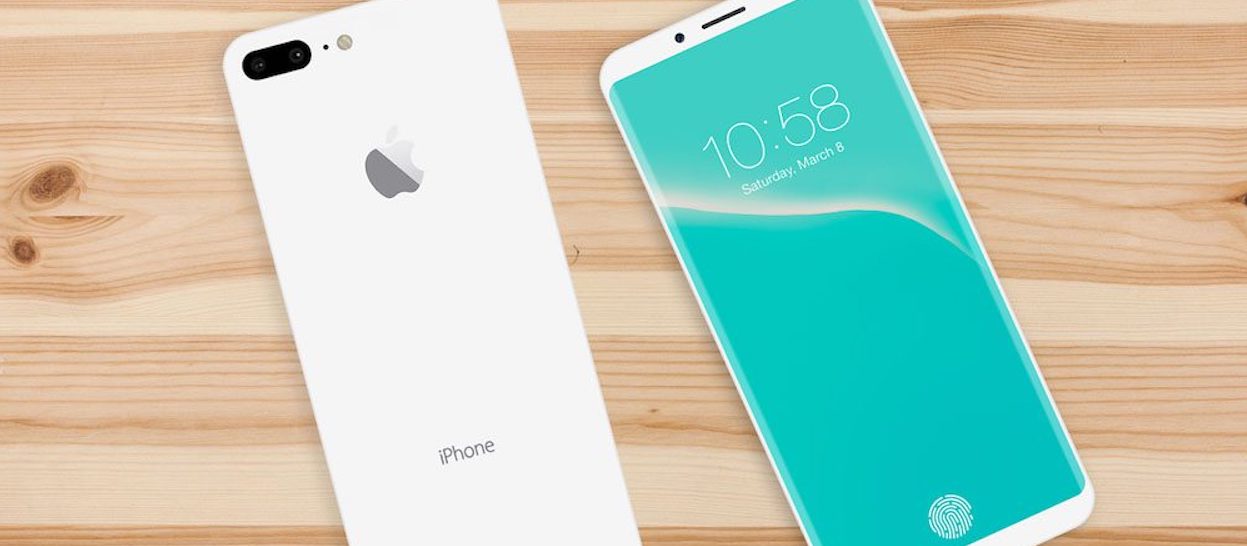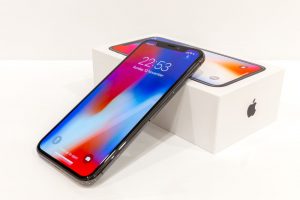According to a recent Bloomberg report, Apple doesn’t plan to integrate support for the latest gigabit networks in its new iPhone which most experts believe will be released this autumn.
CNET reported earlier in 2017 that Apple’s decision not to include the faster gigabit chip Samsung has fitted to the Galaxy S8 might be because of the way in which it sources modems.
Apple sources its modems from both Intel and Qualcomm and only the latter makes a modem which can handle 1 gigabit download speeds. The Bloomberg report added that Intel is unlikely to have a modem with this kind of capacity ready for the release of the iPhone 8.
Apple will, therefore, be forced to stick with 4G LTE in its upcoming smartphone, despite the fact that most US carriers plan to launch gigabit this year. This technology will reportedly introduce fibre-like speeds of between 50 and 100 times faster than what is presently available to the wireless market.
Apple prefers to have more than one supplier in case there are problems. The company is currently fighting Qualcomm in court, claiming the chip manufacturer is withholding payments to punish Apple for cooperating with South Korean regulatory inspectors.
The FTC also claims that Qualcomm has an unlawful monopoly and that it uses anti-competitive schemes to retain its monopoly in the semiconductor industry.
In other news, Apple announced at the recent WWDC keynote last week that the firm has updated its cheapest laptop with a faster processor.
The MacBook Air now boasts a 1.8GHz twin-core Intel Core i5 processor, compared to the 1.6 GHz double-core Core i5 which was launched more than two years ago. The MacBook Air’s new processor is a fifth-generation Broadwell chip, which is still two generations behind the Kaby Lake processors used in the latest MacBook and MacBook Pro.






Add Comment